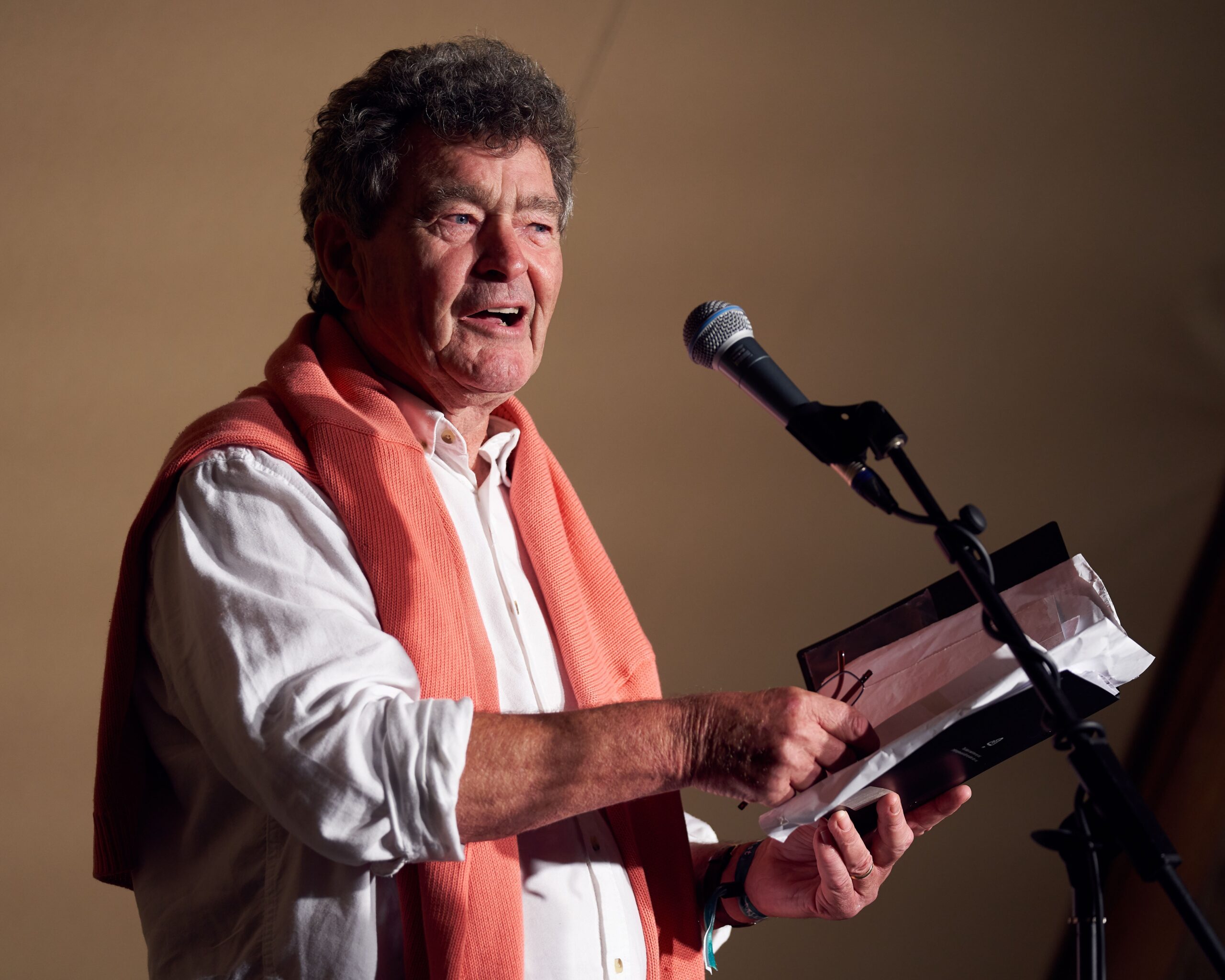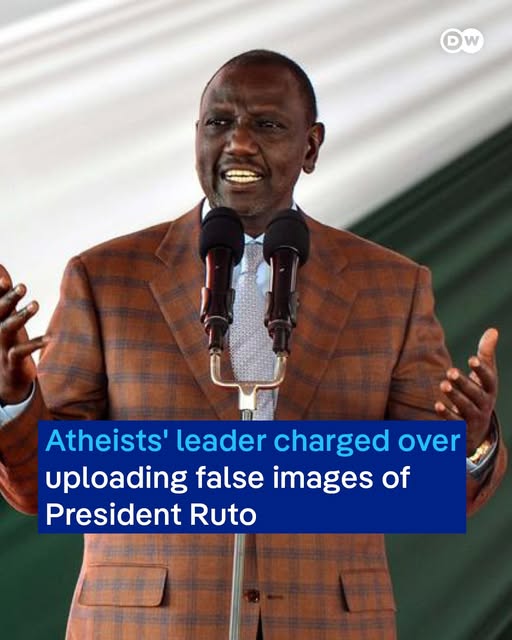
Although he was the youngest of the Liverpool trio that launched the popular poetry revolution of the 1960s, Brian Patten was arguably the catalyst whose enthusiasm and single-minded dedication did most to bring the whole phenomenon into being.
Patten, who has died aged 79, was first linked with Roger McGough and Adrian Henri when, early in 1962, as a 16-year-old pop journalist, he wrote about them in his column in the Bootle Times. He had met McGough, a Hull University graduate, and Henri, a painter and jazz musician, on the Liverpool club scene, and was already taking their poems for Underdog, the little Xeroxed magazine he edited, to sell in clubs and pubs and at a few sympathetic bookshops.
At a time when pop, comedy and poetry went naturally together, they rapidly became a well-known group – later categorised as the “Liverpool poets” – and two, or all three, of them would join to read their poems to audiences at every opportunity, in Liverpool or anywhere else they were invited. Tenderness and melancholy ran alongside the sad jokes and fantasies in the poems of Patten, the secondary modern boy from, in McGough’s phrase, an “awful deprived background”. This work related to the mood of the young in Liverpool in a way that the more sophisticated range and humour of his colleagues did not attempt. But the warm appeal of all three as skilled performers ensured their success.
And Patten was no slouch with Underdog: as well as publishing McGough, Henri and numerous other British poets, he circulated it in the international world of foreign poets he admired. Soon he was featuring work by the Americans Allen Ginsberg and Robert Creeley, and by Andrej Voznesensky, celebrated and controversial in the Soviet Union.
Britan Patten book cover, The Mersey Sound
Born in Liverpool, Brian was the only child in a desperately poor family. He never knew his father, Frederick, and had no interest in finding out about him. His childhood was spent in a tiny house in Wavertree Vale with a mother, Irene (nee Bevan), in whom he took years to discern any genuine affection, a formidable aunt, and grandparents who did not speak to each other. If Lawrence Road junior school (where he was reported to have been the last to read and write in his class) or Sefton Park county secondary school for boys (which he left at 15) were happier places than home, he acknowledged only one form teacher at Sefton Park, Harry Sutcliffe, for recognising some school work impressively done, and the headteacher, AT Woolley, for giving it special praise.
But no one detected any particular gift in the young Brian, or inspired him to be creative. A loner then, as he continued to be all his life – “There’s something of the cat in him,” said McGough – he seems to have discovered both his wide reading and his writing talent for himself.
After their encouraging start, the three Liverpool poets lived and worked in separate places from the mid-1960s, Patten and then McGough moving to London and Henri remaining in Liverpool. But the firm friendship continued, as did their collaboration in popular, well-attended tours.
By 1967, observant cultural critics and alert publishers had spotted a definable “Liverpool scene” (exuberantly put on record in the book of that name by the poet and critic Edward Lucie-Smith), and Penguin published The Mersey Sound, which became its bestseller in their already flourishing Modern Poets series. Patten’s teenage poems there, drawing largely on his simultaneous debut volume, Little Johnny’s Confession, anticipated what he was to become: a rebellious romantic for whom poetry was never to be conventional or easy.




